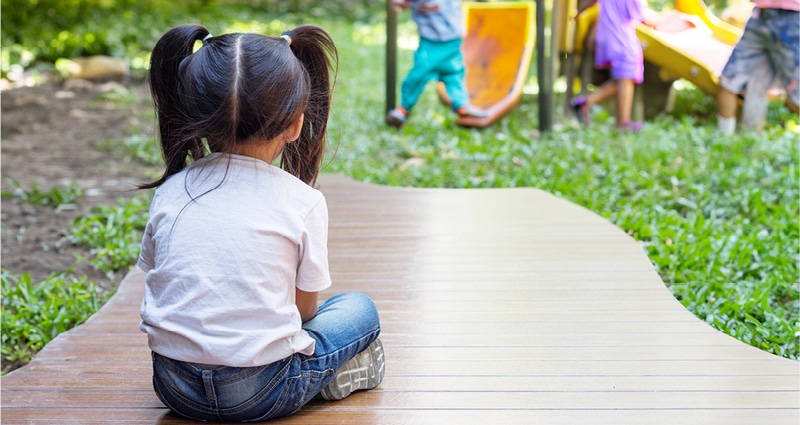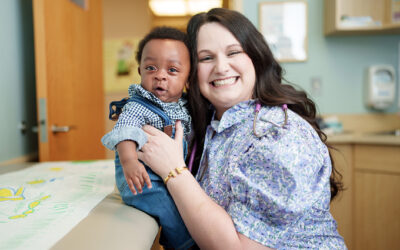Parents often worry if quiet or anxious children and teens will have the social skills they need to become successful adults. It can be challenging to figure out the best way to gently encourage kids to socialize and when it’s appropriate to step back. The key to knowing what to do is to find the cause of the behavior.
Socialization for Shy or Introverted Kids
Shy children take time to warm up to new social situations. Once comfortable, they’ll likely be as talkative and active as their peers. Shyness often fades as children grow.
Introverted children and teens may have good social skills but feel drained by social activities. They often prefer to spend time with only one or two people at a time or stay home with a book than go to the big game. This is a personality trait that will likely continue throughout their life.
Encourage introverted and shy kids to speak up for themselves by having them:
- Contribute to family discussions
- Order for themselves at restaurants
- Role-play what to say in new situations
Gently pushing shy and introverted kids to socialize can help promote healthy development. However, kids don’t need to be forced to go to loud or crowded events. One or two weekly small, structured, quiet social activities are enough.
There’s no need to worry if these kids prefer to stay home most evenings or don’t have a huge social circle. It only takes one or two close friendships for a child to thrive.
Difficulty with Communication Skills
Some kids struggle to socialize because of a developmental delay or developmental disorder, such as autism, ADHD or social communication disorder.
These kids often want to socialize but may not know how or may have behaviors that get in the way.
Participating in structured activities with support may help kids learn how to socialize and make friends. Behavioral therapy and speech therapy can also be beneficial.
Social Anxiety
Social anxiety in children typically begins between ages 8 and 15 and can significantly interfere with school and home life. Kids with social anxiety fear being excluded, embarrassed, judged or seen as unintelligent. Social anxiety often significantly interferes with school or home life.
Many kids do not appear anxious from the outside. Instead, they may:
- Avoid social events or refuse to go to school
- Have frequent headaches or stomach aches
- Not turn assignments in
- Use negative self-talk
Social anxiety is treatable. Cognitive-behavioral therapy can be especially beneficial. Sometimes medication is used too. During treatment, your child will learn new coping strategies. You’ll also learn techniques to support them.
When to Ask for Help
It’s time to ask for help if your child or teen:
- Experiences frequent tantrums, outbursts or meltdowns in social situations
- Doesn’t start to participate in social activities after a short adjustment period
- Has trouble doing the things they need to do at home or school
- Misses social cues
- Stops participating in activities they usually enjoy
- Stops spending time with favorite friends or family members
Being overly friendly may also be a reason for concern. Talk about the difference between safe and potentially harmful social interactions with your kids. Practicing what to do in both positive and dangerous social situations before they happen is a great way to teach social skills.




